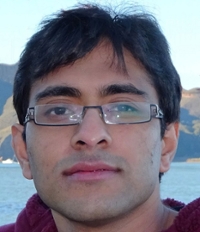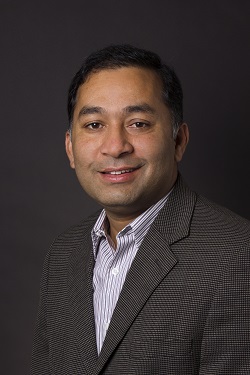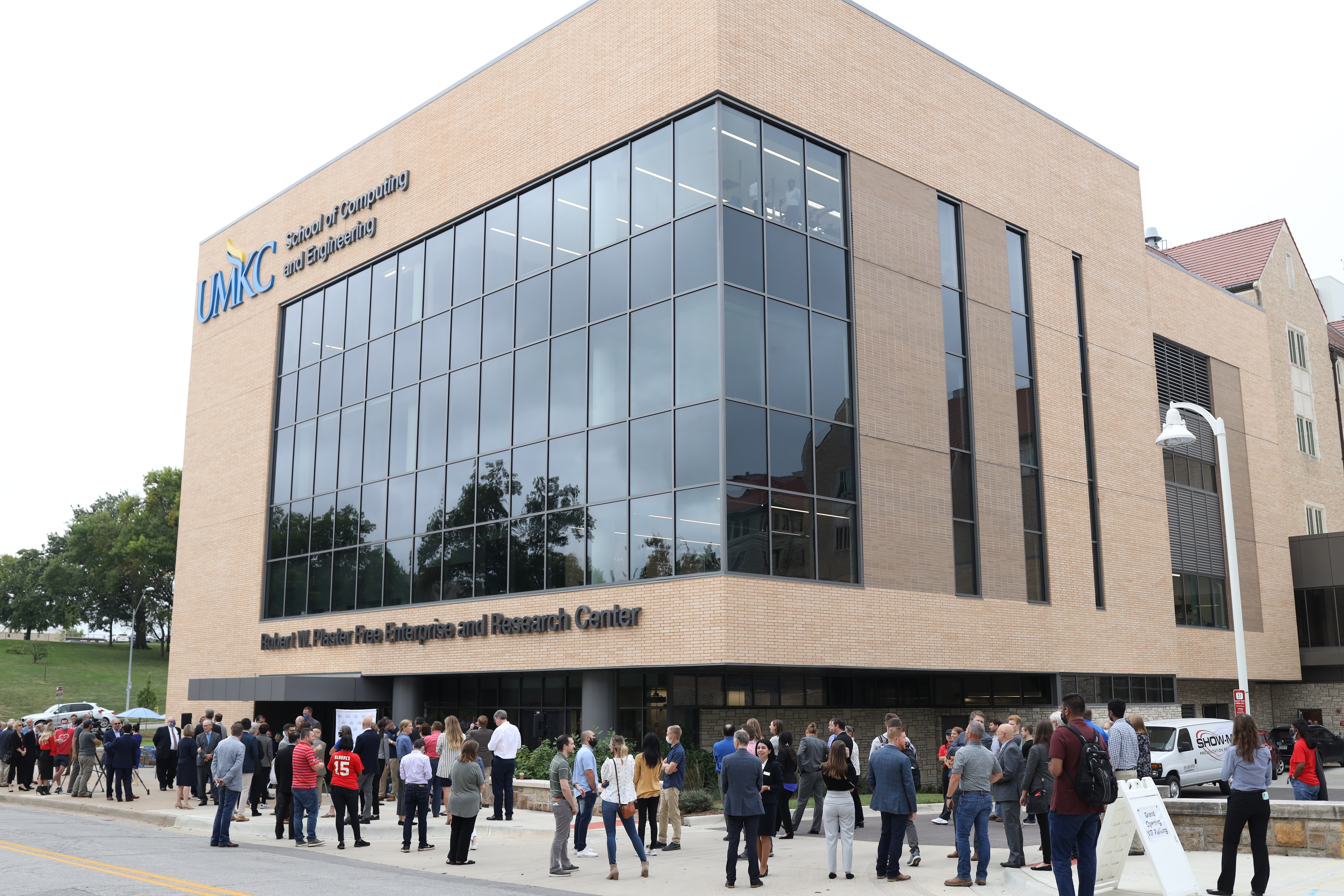Marouf Khan (MS ’13) came to UMKC to pursue his graduate degree at the School of Science and Engineering because he sought a career in the semiconductor industry and the program was a great fit. Khan had taken classes with Masud Chowdhury, Ph.D. and felt he would be an excellent doctoral advisor.
Khan was intrigued by one of the professor’s research projects. Chowdhury is working on improving the construction of transistors that are used in all computing devices. His goal is to improve speed, and to do that with as little energy as possible in order for the battery to run longer.
“If we could use our cell phones for three to four days without charging that would be ideal, but the current silicone-based conventional transistors have limitations on energy efficiency,” Chowdhury says. “So, we are exploring ideas about new materials and new technologies that can help us make the gradual transition to a new technology platform.”

Khan’s research is focused on the design of low-power-management integrated circuits (PMIC.) These are used in battery-powered devices like cell phones and applications where efficient power generation and consumption is essential.
“My work mostly involves coming up with new circuit architectures, which are compact and provide savings over existing designs – in both area and power consumption,” Khan says.
The efficiency and compactness are critical to device advancement.
“PMICs are more and more important in the expanding connected world,” Khan says. “They are operating in the low power domain that is an essential component of Internet of Things (IoT) devices that are connected to the ‘edge’ of the cloud.”
Khan says Chowdhury respects his autonomy in his research – he does not need to be involved in Khan’s day-to-day activities – but he can rely on Chowdhury for support and guidance when he needs it.
“Mentors can sometimes range between two extremes -- being too involved in a project where they drive the research, or they provide very little support to their students. Professor Chowdhury consistently strikes the right balance so that my research work is independently run by me, but he is always there to lend his knowledge, financial and emotional support when required.”
Khan thinks having a mentor is one of the most important choices a student can make.

“The right advisor or mentor can make school a fun and enriching experience. It always helps to narrow down advisors based on your field, but it’s also smart to further the filter to include a potential advisor’s body of work and success in the field.”
The relationship is not purely academic.
“More importantly, he is also available to provide emotional support and advice at a human level to the challenges his students face beyond just academic ones,” Khan says.
He feels fortunate to have Chowdhury as a resource and ally. He notes that students should choose a mentor carefully, as they will be part of their lives for four to five years.
“The choice of mentor or advisor is the most important one a doctoral student can make. The right advisor can make graduate school a fun and enriching experience.”

